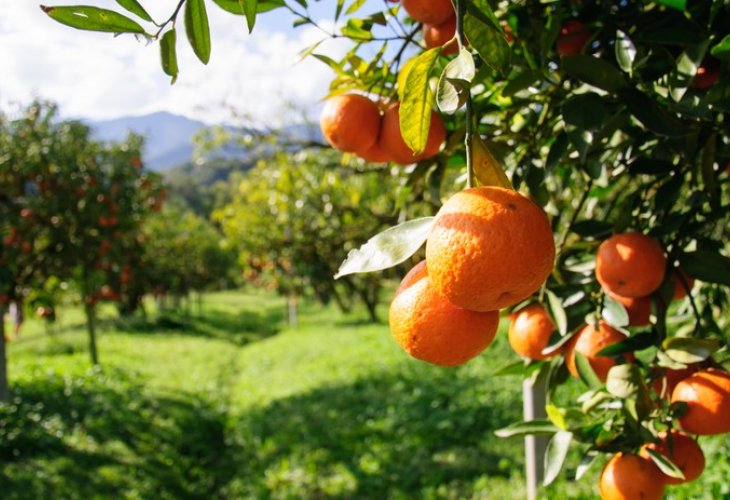Healthy Winter: Which Foods Increase Mucus and Who Should Avoid Them?
Discover how to manage mucus in winter and find out which foods to avoid for a healthier season.
 Oranges, one of the foods that increase mucus (Photo: shutterstock)
Oranges, one of the foods that increase mucus (Photo: shutterstock)Mucus is the accumulation of fluids that have turned viscous and thick, slowing biological processes and possibly leading to feelings of fogginess and heaviness. This accumulation usually occurs when the body fails to eliminate all fluids, leaving them as they are—a situation that can be, to say the least, unpleasant.
To optimally deal with this phenomenon, there are three main ways: strengthening the digestive system, increasing the consumption of mucus-inducing foods, and reducing the intake of foods that don’t help eliminate mucus.
The First Way: Strengthening the Digestive System
Increased fluid production in the body sometimes results from a weakness in the digestive system, and overcoming this requires its strengthening. How can this be achieved? Firstly, prioritize the consumption of many small, light meals throughout the day and favor healthy foods over fatty or carb-heavy ones. Steamed vegetables or soups will do the job perfectly.
The Second Way: Increase the Consumption of Mucus-Inducing Foods
Foods known to increase mucus are: bananas, oranges, melons, peanuts, milk and its products, and more.
The Third Way: Avoid Mucus-Reducing Foods
Foods known to reduce mucus are whole rye, pearl barley, green onions, leeks, sprouts, mung beans, apples, chamomile tea, lemon, and horseradish.
Who Should Avoid Consuming Mucus-Inducing Foods?
Those who suffer from nasal congestion, ear infections, wet cough, pneumonia, and breathing problems.

